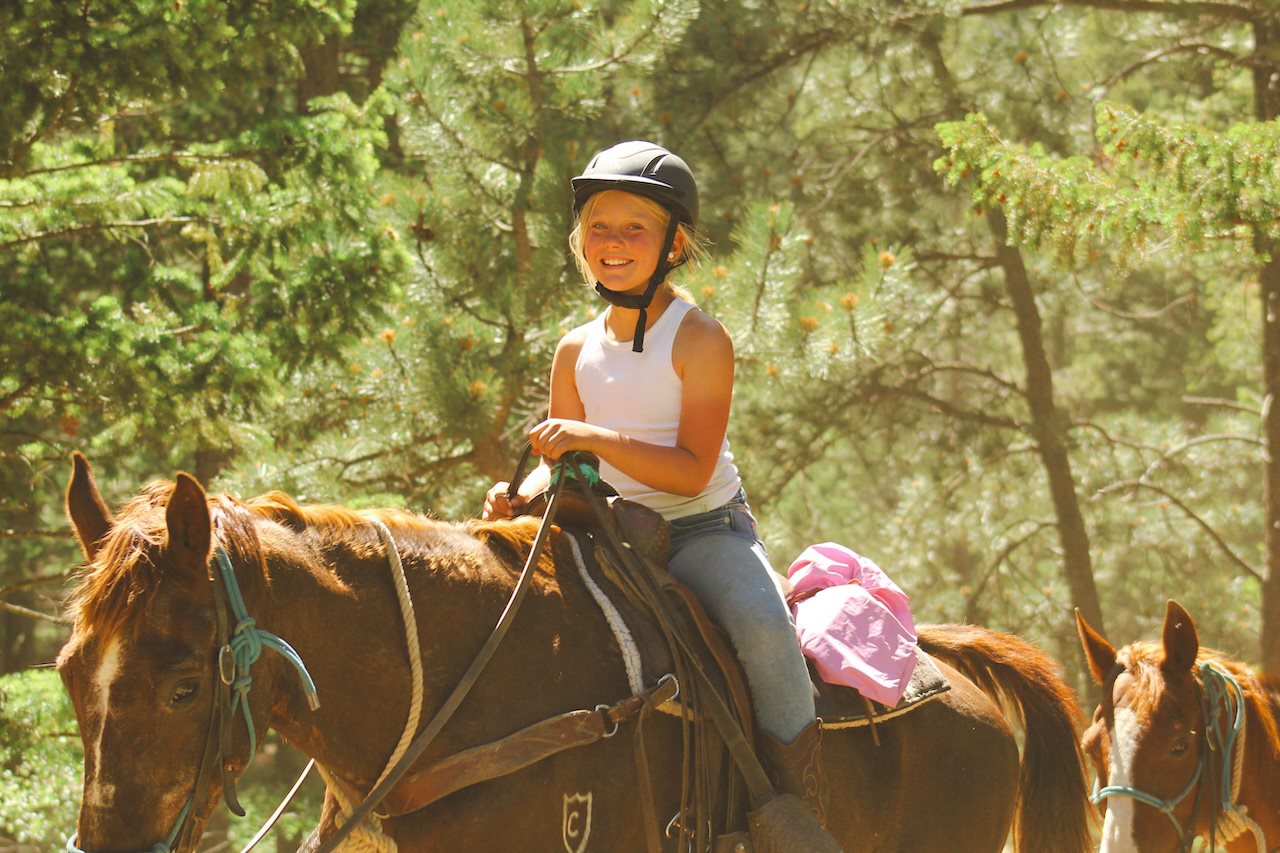(BPT) - Does it seem like your kids are busier and more stressed than ever? With an average school day of seven hours and two hours of homework on top of that, a jam-packed schedule of extracurriculars, the constant barrage of social media, the ever-present digital world, academic pressures, and more, no doubt kids have a lot on their plates. And some days, all of those plates are spinning at once. How is it affecting them? Two recent surveys shed some light on that.
In their 2023 Parenting in America Today survey, Pew Research found 76% of parents are somewhat or very worried about their child's mental health and well-being. JAMA Pediatrics reported a 27% increase in childhood depression in 2022.
How can parents help turn those numbers around? Stepping back from the hubbub and focusing on experiences that will nourish your child is a great way to do that. But it doesn't have to mean a lifestyle overhaul. A little change can go a long way. Here are five simple ideas to help you improve your child's well-being.

Call for a digital detox. According to the CDC, children between the ages of 8 and 18 spend an incredible 7.5 hours in front of screens on any given day. The benefits of limiting that time are nearly endless. It promotes creativity, improves face-to-face interaction, reduces eye strain, lessens anxiety, reduces exposure to cyberbullying - the list goes on and on. How to wrestle the phone or tablet out of your child's hands? To start, make a "no screens at the dinner table" rule, which can promote conversation, and limit screen time for an hour before bed. And about bedtime...

Make sure they get enough rest. Don't underestimate the power of a good night's sleep. One way to help your child get the rest they need is by requiring them to keep their phones out of their rooms at bedtime. This can be a struggle for adults, too. One way to do it: designate a central area in your home where everyone's phone charges and spends the night.

Promote physical activity. If your child participates in extracurricular sports, this may not be a worry in your household. If not, encourage more activity. It can be as simple as a family walk after dinner. It's a great time to talk with your child about their day, hear what's happening in their world, and get your steps in, too!

Give them some autonomy. Study after study has shown that helicopter parenting, while well-intentioned, leads to anxiety and even depression in kids. A little independence goes a long way. Giving your kids the opportunity to spread their wings a bit allows them to become more self-reliant and gives them assurance that you have confidence in them.

Get them out of their comfort zones. Find an experience for your kids that's outside of school, fosters independence, pushes the envelope a little, and allows them to grow. Learning a new skill or mastering a challenge can do wonders for a child's self-esteem.
A great way to accomplish all these is to consider sending your child to sleepaway camp during the summer, says Brooke Cheley Klebe, whose great-grandfather Frank H. Cheley started Cheley Colorado Camps in 1921. A century ago, it was Frank's dream to provide an opportunity for kids to get away from the city into a beautiful outdoor setting, learn the ways of the woods, and develop a spiritual awareness from living in nature. They've been helping youth experience the great outdoors ever since. Brooke has seen firsthand the transformation that this type of experience can have on young people.
"Summer camp offers for kids the unique ability to step out of their daily routines and connect with the natural world, free from screens," she says. "At Cheley, our campers express how the camp experience changes them, and helps them feel more solid, focused, and engaged with life. By disconnecting from their devices, camp is a place where they can slow down, embrace new experiences, and truly connect. It's where they find a sense of belonging."
And these days, what kid doesn't need that?





